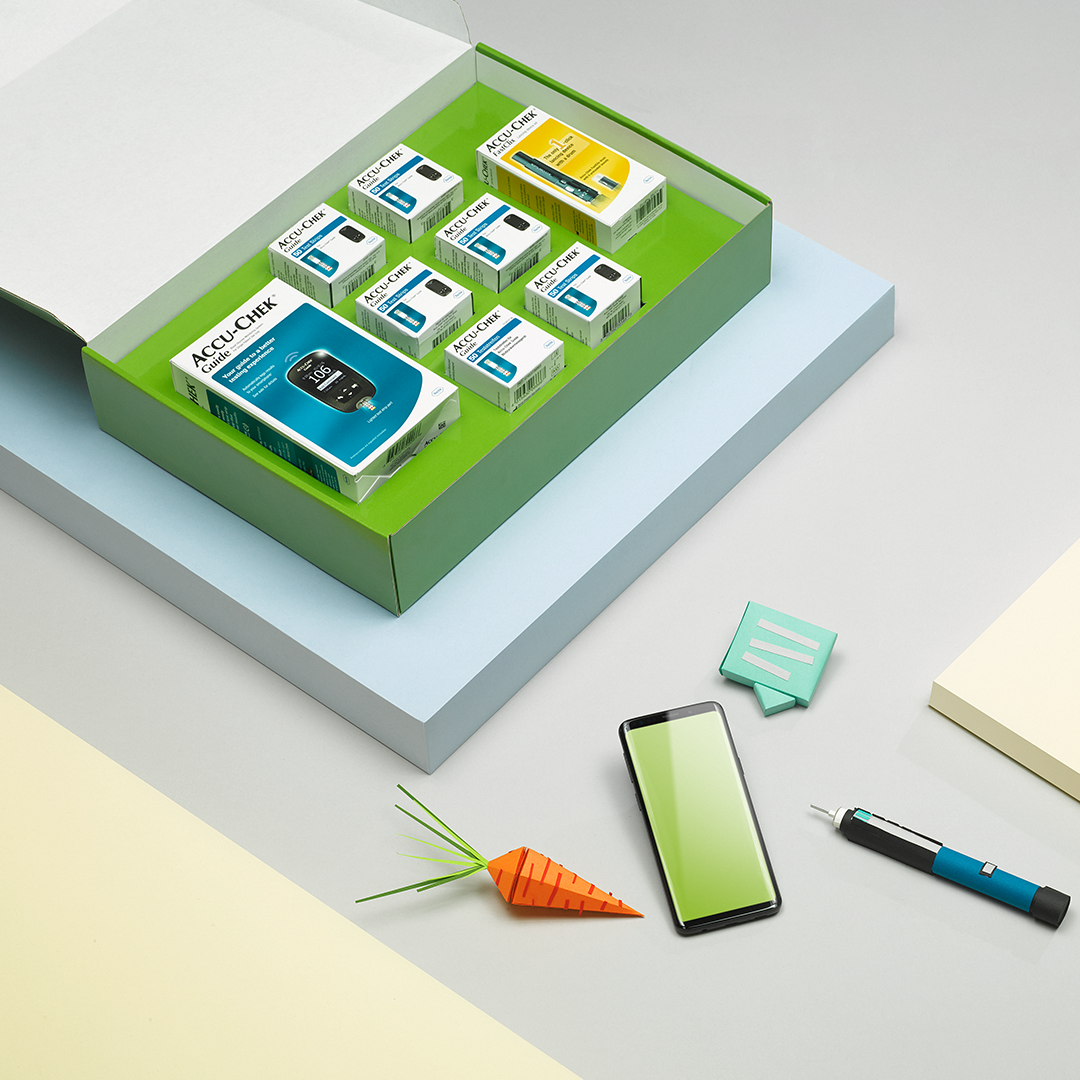After many years in both the App Store and the Play Store, mySugr now has over 2 million users. Over the years we’ve heard so many touching stories of how our app containing lots of humor and love has helped you.
It is still amazing to be part of this journey, both with our colleagues here at HQ and in the lives of all those people we have talked to throughout the years. However, in the world of science and research, this is considered no more than an “anecdote.” But telling a story sometimes requires the storyteller to take a different approach. And at the diabetes conference ATTD in February 2017 in Paris, we finally got to tell the story the scientific way.
We analyzed the effect on blood glucose control in a retrospective, observational study. Following 440 active users with type 1 and an estimated A1c (1) of above 8% at registration, mySugr does seem to help. After just one month, we saw the mean A1c of this group dropping from 9% on average to 7.8%. After 6 months, the eA1c was down to 7.7%.

Just so you see why this is so important: each point of A1c-reduction is directly correlated to lowering the health risks for us who live with diabetes. A drop of “just” 1% has proven to reduce the risk of death from diabetes by 21%, heart attack by 14%, peripheral vascular disease by 43% and microvascular complication by 37% (2). So a drop of 1.3% is solid. We also looked into more short-term effects: the “High Blood Glucose Index” (HBGI) (3,4,5), an index showing how high the risk is of having a severe hyper. It is calculated by using blood glucose readings and takes both the frequency and severity of high and low blood glucose events into consideration, both being bad for us who live with diabetes. There is also a related measure called LBGI (“Low Blood Glucose Index”). If you are in a high-risk group of LBGI (above 5), it is four times more likely you’ll have a severe event in the next few months. So dropping this number is a very good thing short term. mySugr seems to help people who are not doing super, which is great. But that’s far from everyone, right? You’re right. But also among those of us with lower A1c’s, mySugr does seem to help. At another conference in Bethesda, Maryland, Marcus Hompesch, CEO of ProSciento presented data on mySugr’s effect on people with good BG control, where we saw significant drops in both BG-results and estimated A1c. (6)Even though tattooing our logo on your arm is real proof of love, we are very proud to also scientifically show that mySugr can have significant positive effects on your therapy. Be sure to check out the next chapter of this blog here.
Footnotes & references
(1) Kahn R, Fonseca V. Translating the A1C assay. Diabetes Care. 2008;31(8):1704-1707. doi:10.2337/dc08-0878.
(2) Stratton IM, Adler AI, Neil HA, et al. Association of glycaemia with macrovascular and microvascular complications of type 2 diabetes (UKPDS 35): prospective observational study. BMJ. 2000;321(7258):405-412.
(3) Kovatchev BP, Cox DJ, Gonder-Frederick LA, Young-Hyman D, Schlundt D, Clarke W. Assessment of risk for severe hypoglycemia among adults with IDDM: Validation of the low blood glucose index. Diabetes Care. 1998;21(11):1870-1875. doi:10.2337/diacare.21.11.1870.
(4) Kovatchev BP, Cox DJ, Gonder-Frederick LA, Clarke W. Symmetrization of the Blood Glucose Measurement Scale and Its Applications. Diabetes Care. 1997;20(11):1655-1658. doi:10.2337/diacare.20.11.1655.
(5) Kovatchev BP, Straume M, Cox DJ, Farhy LS. Risk Analysis of Blood Glucose Data: A Quantitative Approach to Optimizing the Control of Insulin Dependent Diabetes. Comput Math Methods Med. 2000;3(1):1-10. doi:10.1080/10273660008833060.
(6) Hompesch M, Hergesheimer L, Kalcher K, Boubela R, Debong F. Retrospective analysis of Impact on SMBG and Glycemic Control of Mobile Health (mHealth)-Application for Diabetes Management [Abstract, Poster]. 16th Diabetes Technology Meeting; 2016 Nov 10-12; Bethesda, Maryland.*
(7) Hompesch M, Kalcher K, Debong F. Significant Improvement of Blood Glucose Control in a High-Risk Population of Type 1 Diabetes Using a Mobile Health App – A Retrospective Observational Study [Abstract, Poster]. 10th International Conference on Advanced Technologies & Treatments for Diabetes; 2017 Feb 15-18; Paris, France.**
*) Being published in DTS during 2017
**) Being published in DTT during 2017
The mySugr website does not provide medical or legal advice. mySugr blog articles are not scientific articles, but intended for informational purposes only.
Medical or nutritional information on the mySugr website is not intended to replace professional medical advice, diagnosis or treatment. Always consult a physician or health care provider with any questions you may have regarding a medical condition.





